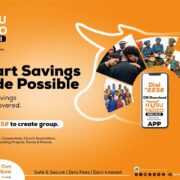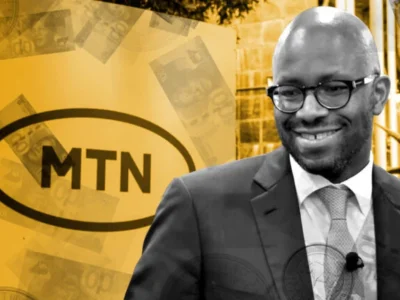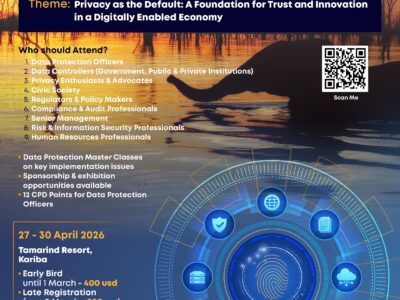In a world increasingly driven by technology, cybersecurity is no longer optional—it is essential. At the TechnoMag Tech Convergence Fora, Dr. Whisper Rukanda shared stark insights into the vulnerabilities many overlook in their personal and professional digital lives, while emphasizing the importance of adopting proactive measures to safeguard data.
“Most people underestimate the everyday risks that come with using modern technology,” Dr. Rukanda began. He painted a vivid picture of how small, seemingly innocent devices can become significant security threats. One example he highlighted was the “OMG cable,” a charging cable that can surreptitiously extract data from a phone while performing its usual charging function. “This $40 cable looks harmless, but in the wrong hands, it can steal everything from your phone. It’s a simple yet dangerous tool that thrives on people’s lack of awareness,” he warned.
Dr. Rukanda also revealed the risks associated with modern vehicles, particularly Bluetooth-enabled systems. “Each time you connect your phone to a car’s computer system, it stores data—your calls, your messages, even your location history. The car’s computer box becomes a black box of personal information,” he explained. These vulnerabilities, he noted, extend beyond personal data to include critical business information, often with devastating consequences when exploited.
In addressing these risks, Dr. Rukanda made an urgent call for greater awareness. “The lack of knowledge about these threats is one of the biggest challenges we face,” he said. He highlighted how many people and organizations continue to store sensitive data on outdated physical servers, paying exorbitant license fees, rather than transitioning to more secure, cost-effective cloud hosting solutions. “It’s no longer viable to have physical hubs where your servers sit vulnerable to both cyberattacks and physical threats,” he noted.
To combat these vulnerabilities, Dr. Rukanda stressed the importance of implementing robust security measures. Encryption protocols, secure access controls, and regular data audits were among the proactive steps he recommended. He also emphasized the need for continuous education about cybersecurity risks, urging individuals and organizations to stay ahead of the evolving tactics used by hackers. “The hacker is always working—they are clever, resourceful, and persistent. You have to stay one step ahead,” he remarked.
In addition to technical measures, Dr. Rukanda called for a shift in mindset. “Every keystroke, every piece of data you share online is no longer entirely yours. It can be accessed, recovered, and misused,” he cautioned. “We must adopt a culture of vigilance, where every action in the digital space is taken with security in mind.”
His message was clear: vulnerabilities in cybersecurity are not just technical flaws—they are gaps in awareness, preparedness, and execution. Closing these gaps requires both individual responsibility and systemic changes to how we handle and protect data.
“Data is the oil of the digital economy,” Dr. Rukanda concluded. “If we fail to protect it, we risk losing not just our information but our trust, our privacy, and our competitive edge. The time to act is now.”













Comments